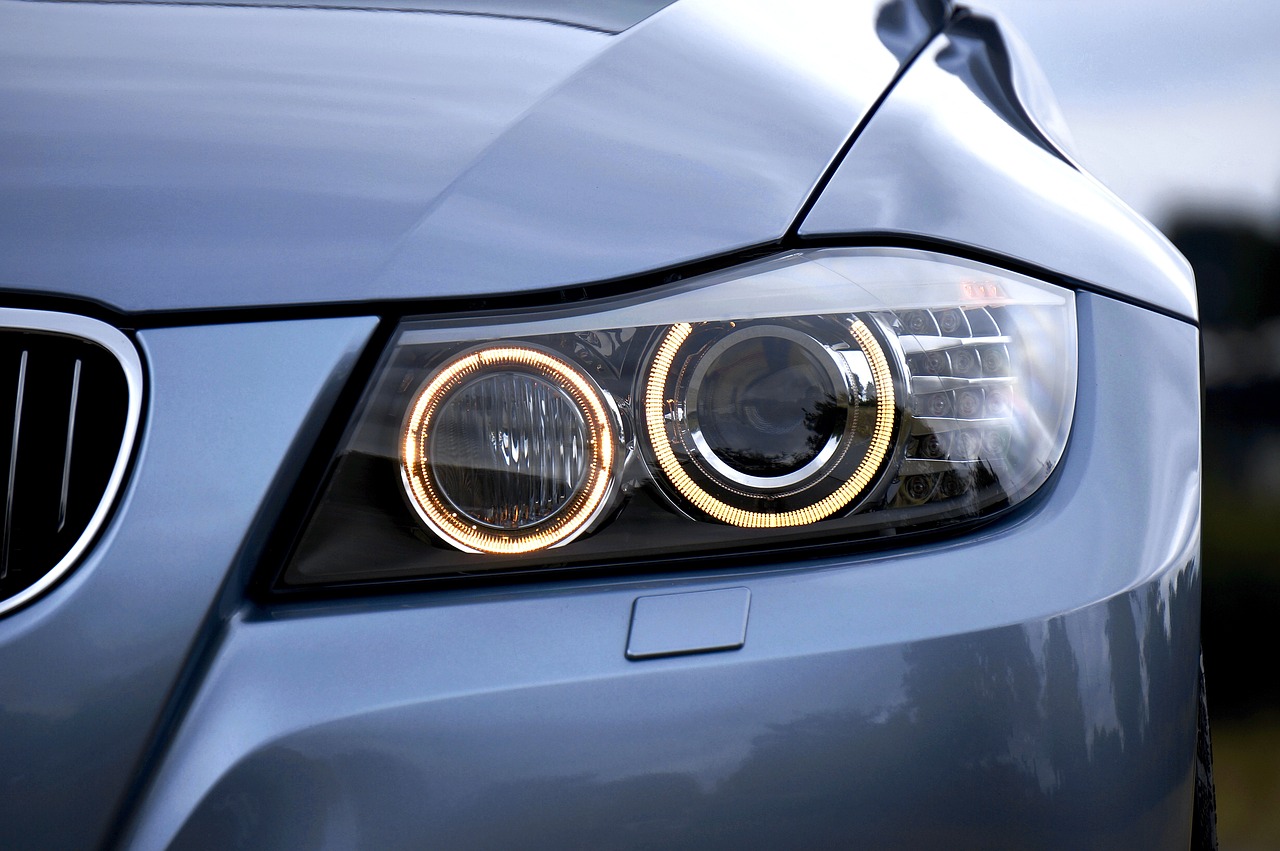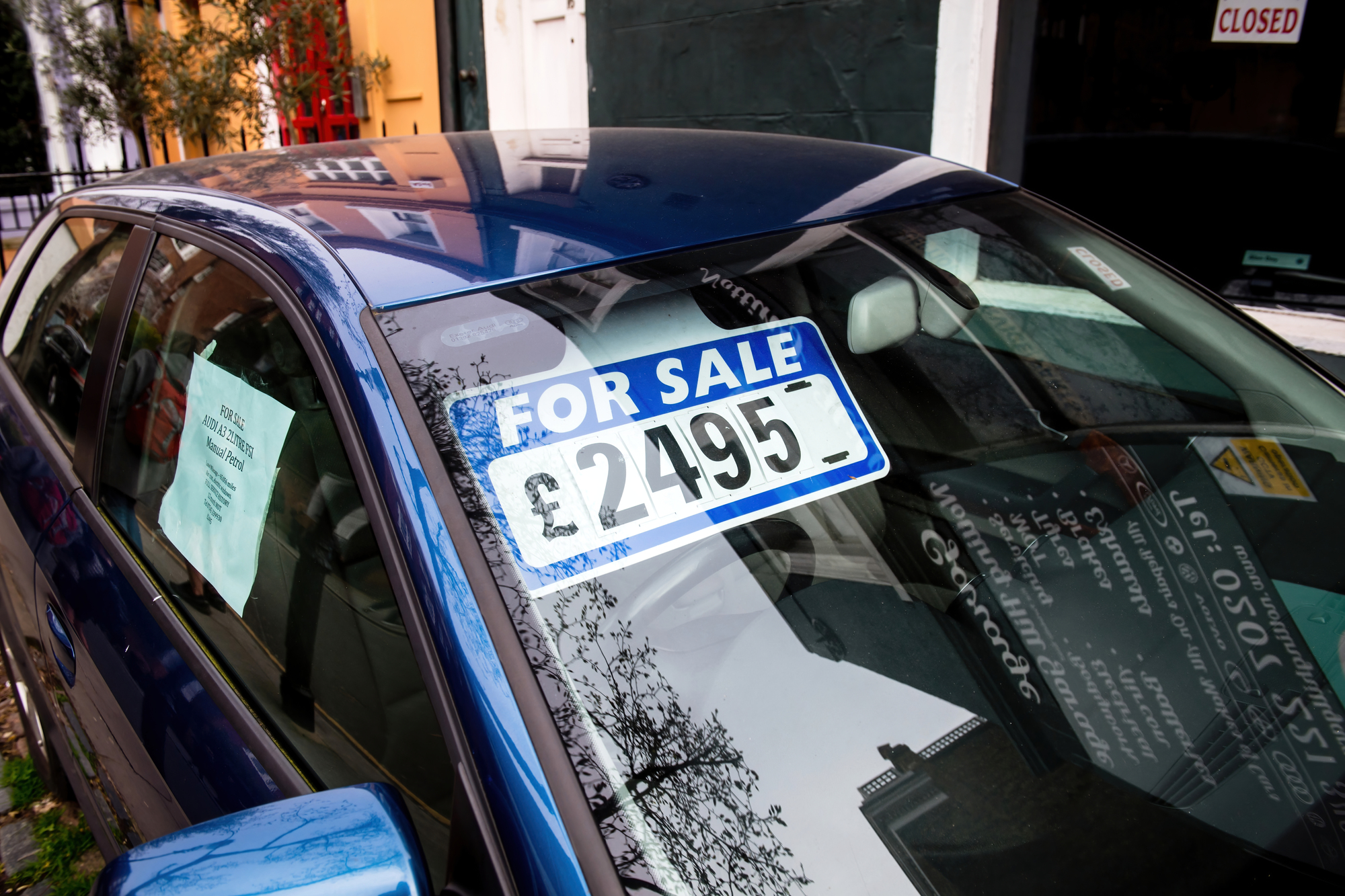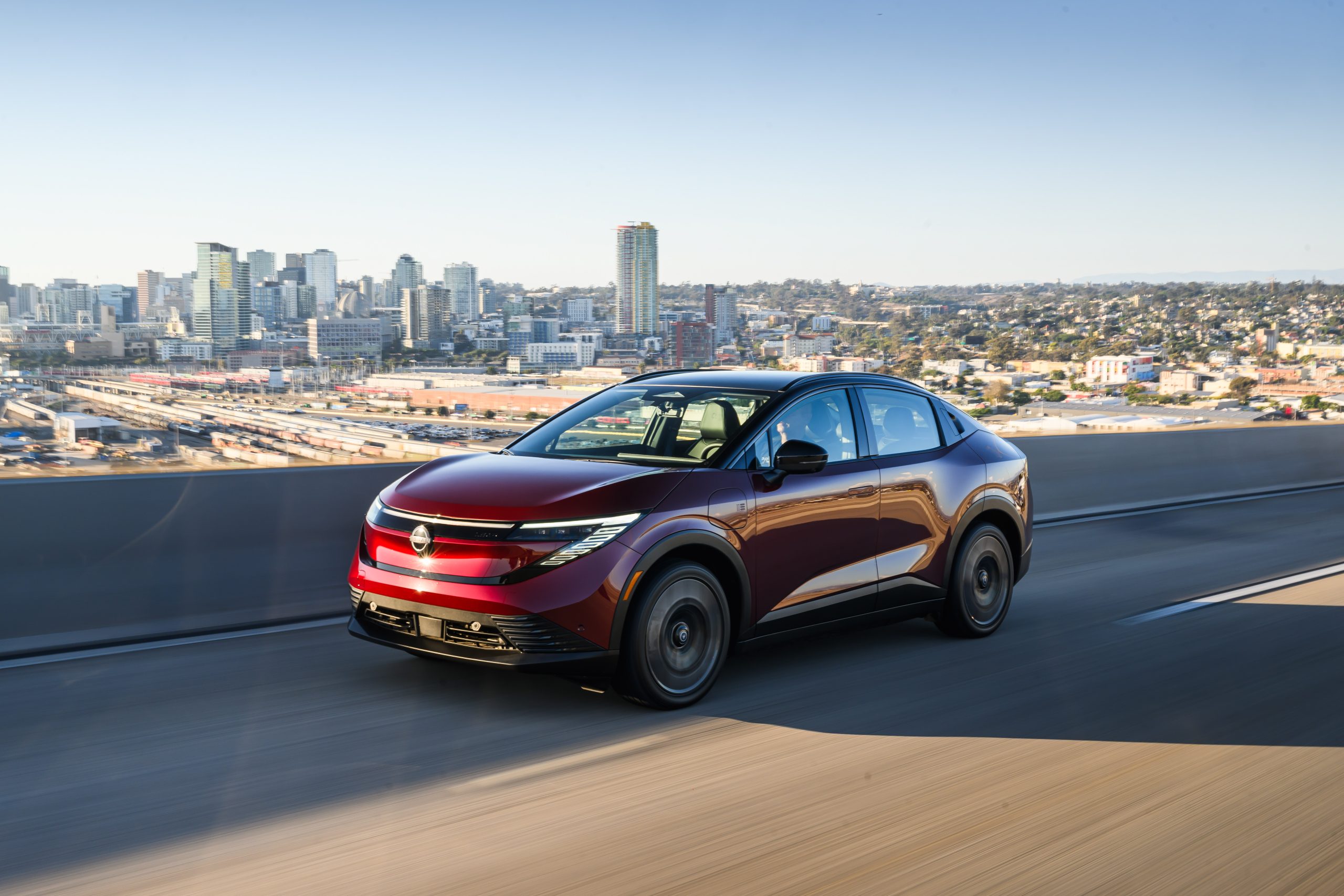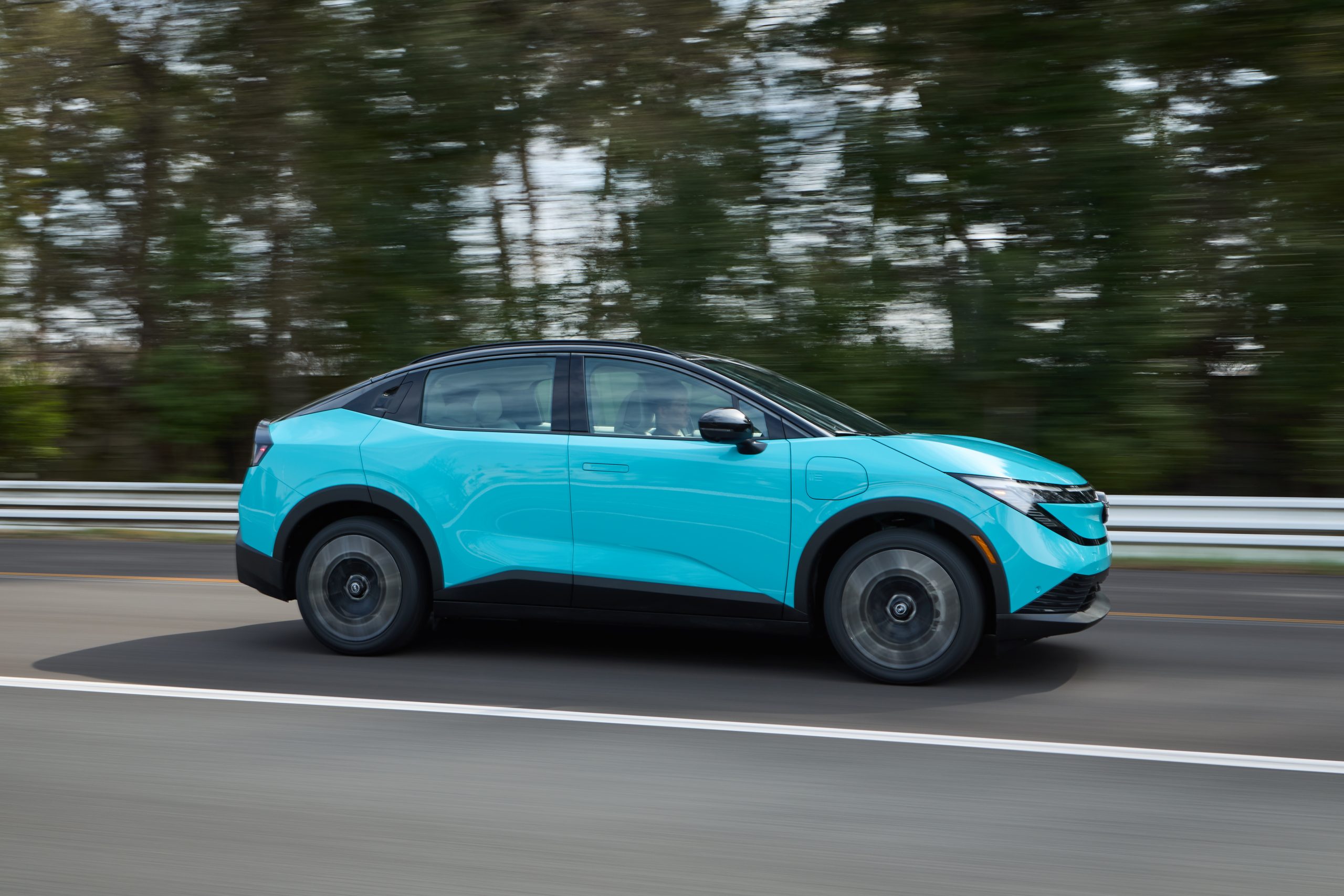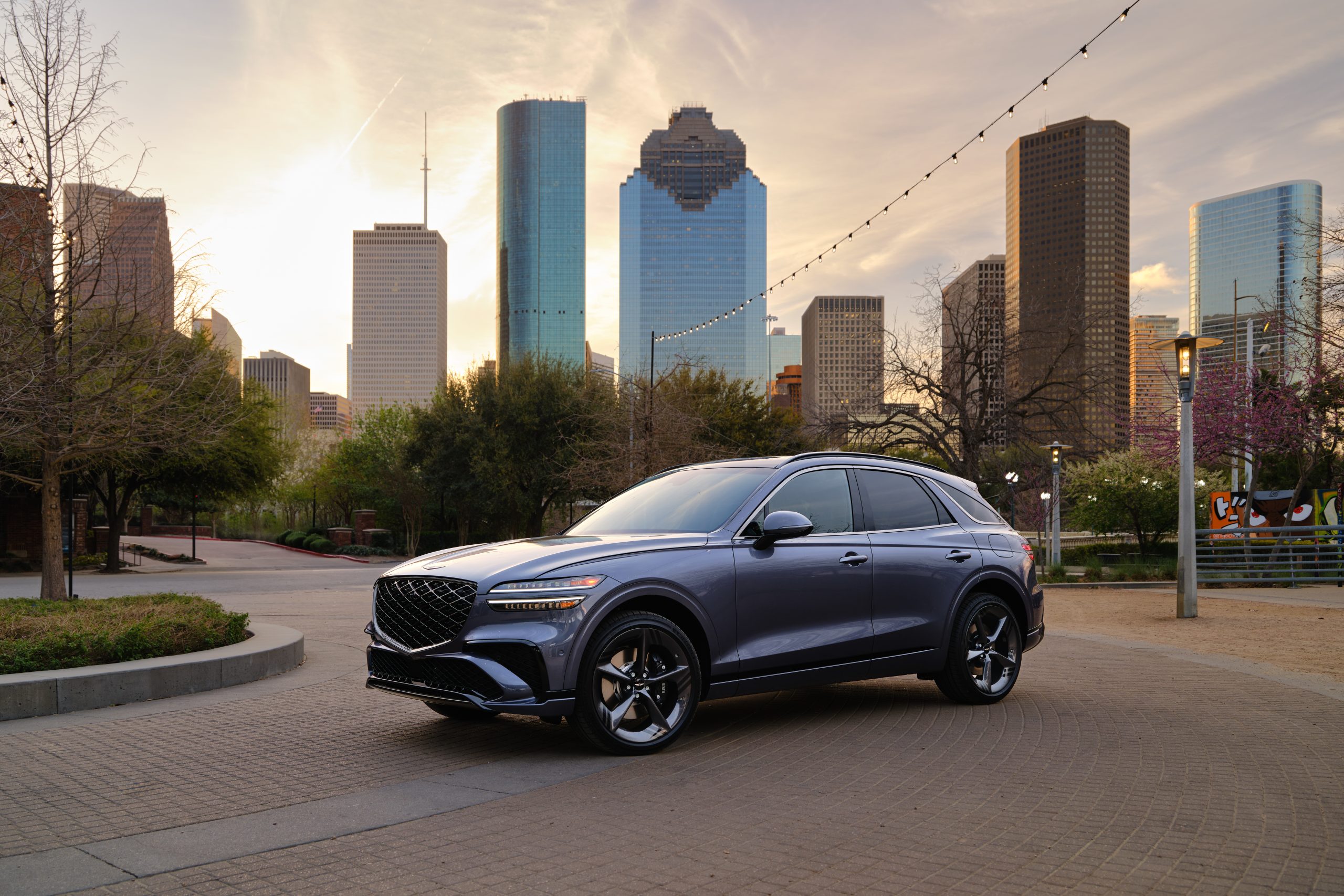Senate Bill Aims To Eliminate Fuel Economy Fines


- Lawmakers propose ending penalties for missing fuel economy targets
- GM, Stellantis support repeal; Toyota, Hyundai urge reform instead
- EV makers like Rivian and Tesla benefit from existing credit system
The U.S. Senate is weighing a proposal that would eliminate penalties for carmakers that fail to meet Corporate Average Fuel Economy (CAFE) standards, potentially scaling back rules that have shaped automotive fuel efficiency since the 1970s.
The push to weaken enforcement of the standards comes as part of a larger tax and spending package connected to President Donald Trump. According to The Wall Street Journal, the Senate Commerce Committee, chaired by Senator Ted Cruz (R-TX), included the repeal of CAFE penalties in a budget plan released earlier this month.
If passed, it would make fuel economy regulations essentially non-binding, with automakers no longer required to pay fines when their fleets fall short of mandated efficiency targets. Supporters argue the change would reduce costs for automakers and buyers alike, but critics see it as a step backward for clean vehicle development.
“The combination of high penalties with the nearly impossible CAFE standards finalized during the previous administration is a major problem,” said John Bozzella, president and CEO of the Alliance for Automotive Innovation.
Under the existing rules, automakers face fines if their fleet fails to meet the average target — set at 49 mpg for the 2026 model year and rising to 50.4 mpg by 2031. Companies have raised concerns over the financial strain of these penalties, particularly as EV adoption remains in transition.
General Motors and Stellantis support removing the penalties altogether, the Journal reports. Meanwhile, Toyota and Hyundai are among the manufacturers urging caution. They favour reviewing and updating the standards, but oppose scrapping penalties entirely.
“Automakers have proven time and time again that without strong and enforceable fuel-economy standards, many of them will leave proven, popular, and cost-effective technologies like hybrids sitting and gathering dust on the shelf,” Consumer Reports policy analyst Chris Harto told the Journal.
Since 2022, GM has paid $128 million in CAFE fines, while Stellantis has paid over $425 million. Some automakers mitigate the cost by purchasing regulatory credits from EV makers who exceed their targets. Rivian reported earning $157 million from selling credits in Q1 2025, while Tesla made $447 million from the same program during that quarter.
The CAFE program began in 1975, following an energy crisis that exposed the inefficiency of many vehicles on U.S. roads. Despite resistance from Detroit automakers at the time, President Gerald Ford signed the program into law to encourage better fuel economy.
The proposed rollback must still pass the Senate parliamentarian’s review to be included in a budget reconciliation process — a path that allows certain legislation to pass with a simple majority. The measure would also need approval from the House to become law.
If you enjoyed this article, be sure to follow us on Microsoft Start.

